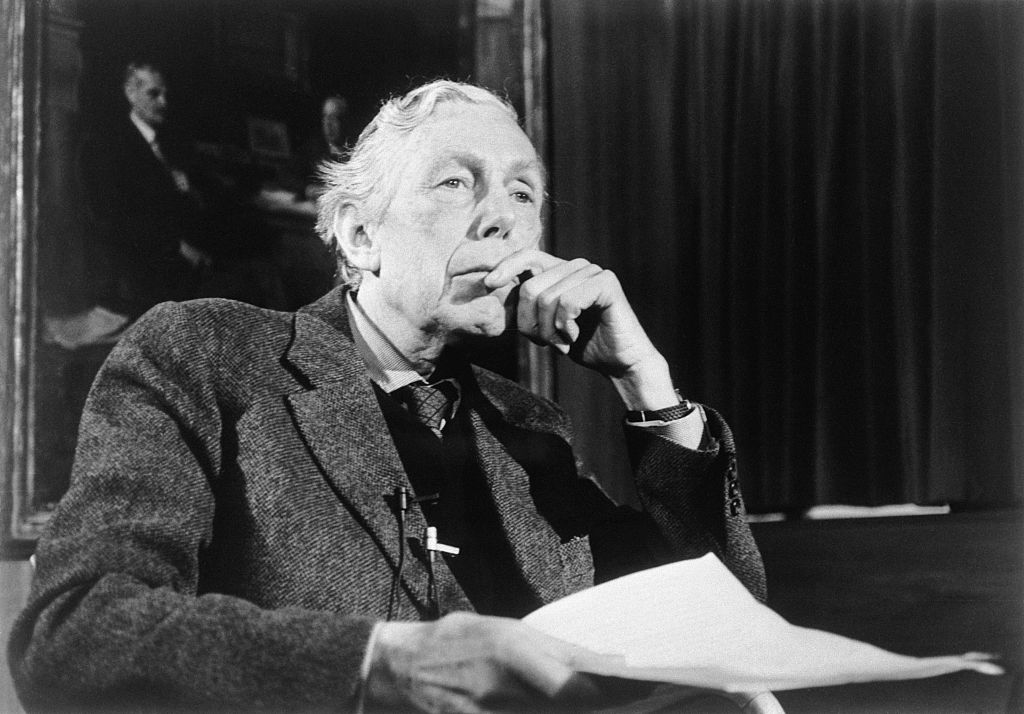Former President Donald Trump remains the favourite in America’s presidential race despite President Joe Biden’s decision to drop his re-election bid. The European Union and its members will face a number of serious policy challenges well beyond those posed for NATO if Trump prevails.
Trump has long viewed foreign relations through the prism of business. He does not think America should run long-standing trade deficits with any nation, especially those dependent on the United States for their defence. He railed against the trade deficits with Japan in the 1980s and called for tariffs on Japanese goods. Nothing has changed since then.
This a big problem for the European Union – and for Germany, its largest economy – because the bloc runs a persistent and large trade deficit in goods with the United States. Government figures show the EU ran a massive $208 billion deficit in goods with the US in 2023. Germany, Ireland, and Italy ran the largest deficits, with surpluses from Belgium and the Netherlands providing an offset. This total was only $71bn less than the deficit with China, and the Sino-American trade deficit is shrinking rapidly as the Trump-era tariffs start to take their toll.
Trump should be expected therefore to be ready to impose his proposed 10 per cent tariff on goods imported from the European Union. He likely will not be swayed by appeals to the common good or the Atlantic alliance. Quite the opposite: he will view that type of lobbying as signs of weakness and the squeals of the dependent.
Climate policy will be another area of contention. Resistance to Brussels’ aggressive green policies is growing on the continent but has not yet reached a critical mass. Newly re-elected EU President Ursula von der Leyen has pledged to continue to push policies to decarbonize the EU economy.
Trump will take the polar opposite tack. He believes that the US should produce more oil and natural gas and has pledged to eliminate as many of Biden’s climate mandates and subsidies as he can. Trump will also likely pursue an American-centric approach to climate change, one that focuses on bilateral arrangements with other nations rather than the multi-lateral effort symbolised by the annual COP conferences. The EU will essentially be alone in pushing for developing nations to adopt more aggressive policies.
These differences come on top of the potentially massive gap between EU and Trump approaches to mutual defence. Trump has long wanted EU nations in NATO to up their defence spending. He has taken credit for the increases that have occurred, but he will surely push for more money, more quickly. Cries of poverty from cash-strapped nations like Germany, Italy, and France will fall on deaf ears.
The question for the EU and its constituent nations is not how this can be avoided. It can’t, at least if Trump wins. The question is how to deal with it. They will find a successful approach will require a sea change in their traditional views of conducting diplomacy.
Trump respects aggression and strength. He would rather deal with someone who has leverage on him and knows how to use it than to trade nice words with people who don’t. That is why he says uncommonly kind things about dictators such as Vladimir Putin and Xi Jinping. It is not that he plans to emulate their forms of government. It is that he sees people who like to wield power directly and respects them for that.
European nations can use this worldview to their advantage if they seize the opportunity. The EU and its members should look to see what leverage they have over the US. Anything they can find is something they can use to bargain with Trump to get something of value in return.
One lever they could wield effectively is the bloc’s trade relations with China. It is crucial to US strategy that the EU follow it in putting economic pressure on Beijing. Doing this clearly has the potential to impact EU economies negatively.
Following America’s lead is one thing if the US remains committed to European defence and retains a largely open market. It makes less sense for Europe to do this if the US is pulling back on these other fronts. Trump would understand this type of dealmaking and likely be willing to bargain.
NATO members can also think about trading defence spending hikes for continuation of the current trade policies, or even opening markets further. Trump has long thought the US is double subsidizing European welfare spending by giving those states access to our markets while also not requiring them to spend adequately on defence. Tying low-tariff market access to defence hikes is a quid pro quo Trump would welcome.
The Brussels elite has long sought to block national populist forces from exercising any real power in Europe. Unfortunately for them, a national populist will head their largest trading partner and ally if Trump wins. Treating him with respect rather than the disdain they mete out to his European confreres will help Europe navigate the changing US diplomatic course.





Zelensky drags America into war, or Zelensky loses